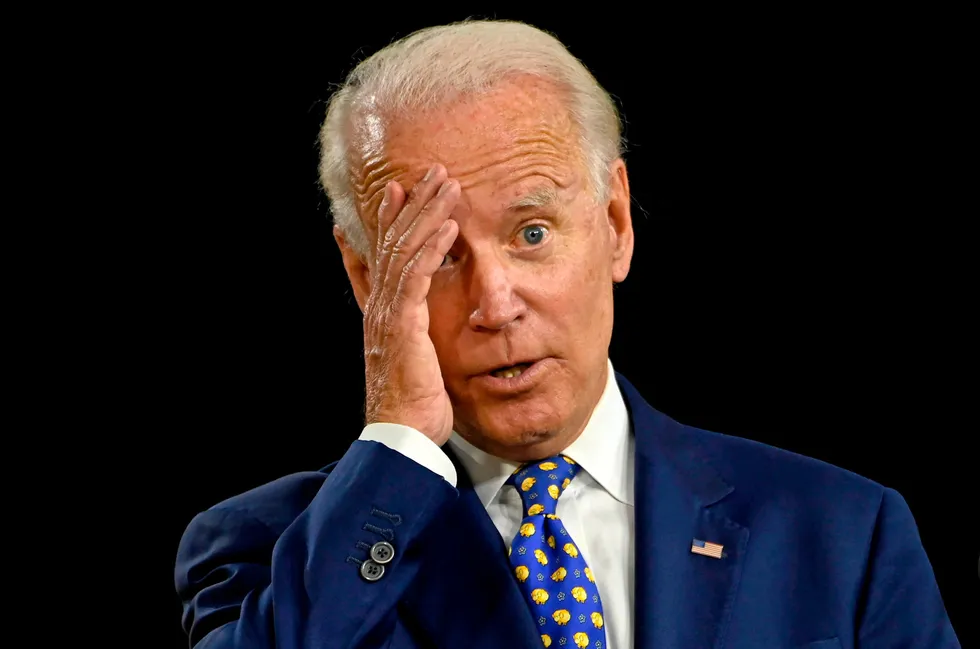EXCLUSIVE | US hydrogen tax credits 'in violation of international trade rules', says Norway, adding to EU objections
Australia also asks Washington to ‘minimise the risk of its incentives causing distortion in the global H2 market’

Australia also asks Washington to ‘minimise the risk of its incentives causing distortion in the global H2 market’
